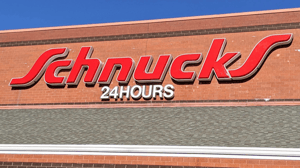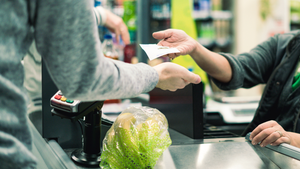Uber, DoorDash lose bid to block minimum wage for New York workers
The companies filed to stop the pay raise back in July

Uber, DoorDash, and Grubhub lost their bid to block New York City’s novel law to set a minimum wage for app-based delivery workers, reports Reuters. The decision was made by New York Acting Supreme Court Justice Nicholas Moyne, who will allow the law to take effect pending the outcome of the companies’ lawsuit.
DoorDash and Grubhub had filed jointly, with Uber Eats filing separately, to block the pay raise back in July. The rules would lift the pay rate for app-based delivery workers to $17.96 an hour effective July 12 (from an average of $7.09 an hour). Moyne had stopped the law from being implemented in July while he was considering the request to block it until the case is resolved.
App-based delivery workers are usually considered independent contractors so the general minimum wage laws do not apply to them. Moyne also rejected several other claims, including the law was invalid because it covers workers who deliver food from restaurants but not from grocery and convenience stores.
A spokesperson for DoorDash said in a statement that the decision was disappointing for workers, merchants, and customers. “The City’s insistence on forging ahead with such an extreme pay rate will reduce opportunity and increase costs for all New Yorkers,” the spokesperson told Reuters.
The law will require companies to pay delivery workers the $17.96 per hour rate, which will rise again to nearly $20 in April 2025. Uber, DoorDash, Grubhub, and a smaller food delivery service, Relay Delivery Inc., said the law will force them to shrink service areas to absorb the new labor costs (ultimately hitting consumers and restaurants).
Moyne blocked the city from enforcing the law against Relay pending the outcome of the case, citing that it cannot immediately raise the fees it charges and needs time to negotiate its contracts.
Adam Cohen, a lawyer for Relay, said that the ruling ensures local restaurants, which are also small businesses in many cases, will continue to be able to rely on Relay.
Spokespersons for Uber and Grubhub also expressed their disappointment in the ruling.
About the Author
You May Also Like






